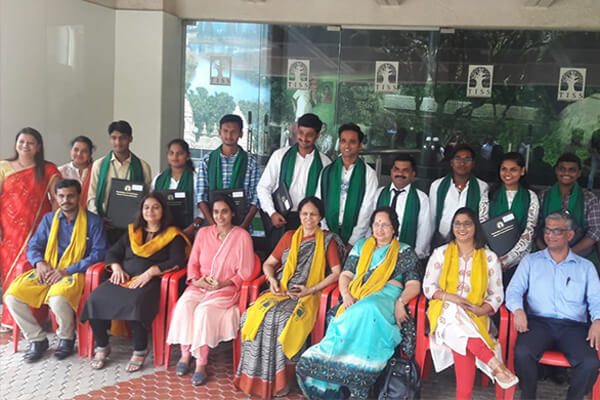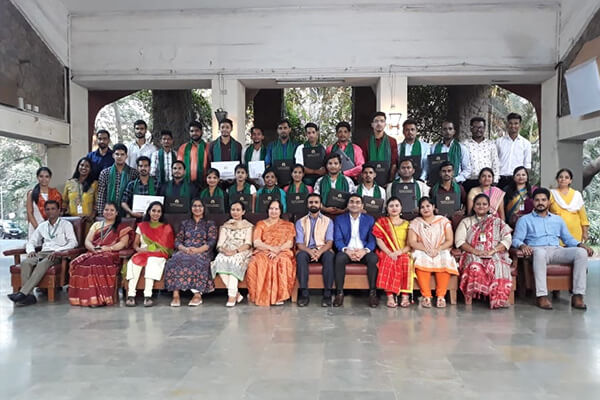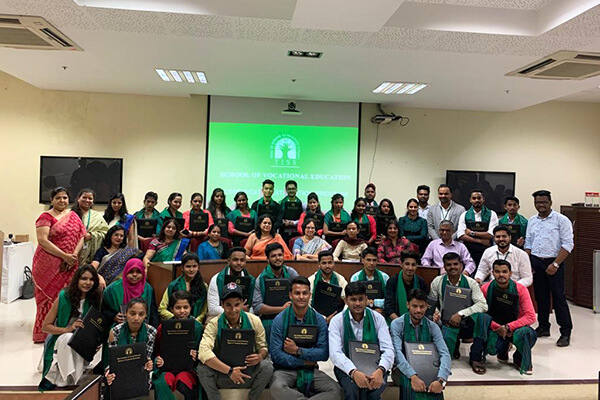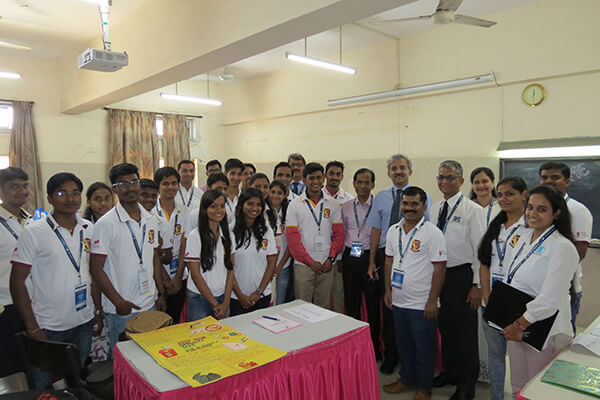Course Details
For admission contact on
asdt@apexkidneycare.com | +91 91672 07421 | +91 86555 66628
PG Diploma in Dialysis Technology
The Post-Graduation Diploma in Dialysis Technology course is a one year program consists Combination of Practical, Theory and Project. The one year program will be divided into 2semesters in a year.
These course have a strong component of skill based and Work Integrated training. This will provide learners the opportunity for higher education and better employment after completion of their graduation programme.
Based on University Grants Commission (UGC) guidelines and NSQF (National Skills Qualifications Framework) levels the curriculum is designed on the basis of 40% weightage for theory based courses and 60% weightage for skill based training.
Primary goal of PG Diploma in Dialysis Technology Program is to prepare accomplished professional in Dialysis Technology with a specific emphasis on Clinical Skills, Technical Knowledge which will enable trainee to function as independent Dialysis Professional. Trainees acquire the knowledge and procedural skills necessary to deliver high standard care to patients with Chronic Kidney Disease requiring Renal Replacement Therapy. They also will receive training to conduct research in field of Dialysis.
Eligibility for Admission
- Bachelor Degree in Science
- B.Sc. Nursing.
- Bachelor of Science in Dialysis Technology (BSc)
- B.Voc in Dialysis Technology
Course Duration: 1 Year (2 Semester).
Commencement of the session: 1st week of July each year / 1st week of January each year.
Bachelor of Science in Dialysis Technology (BSc)
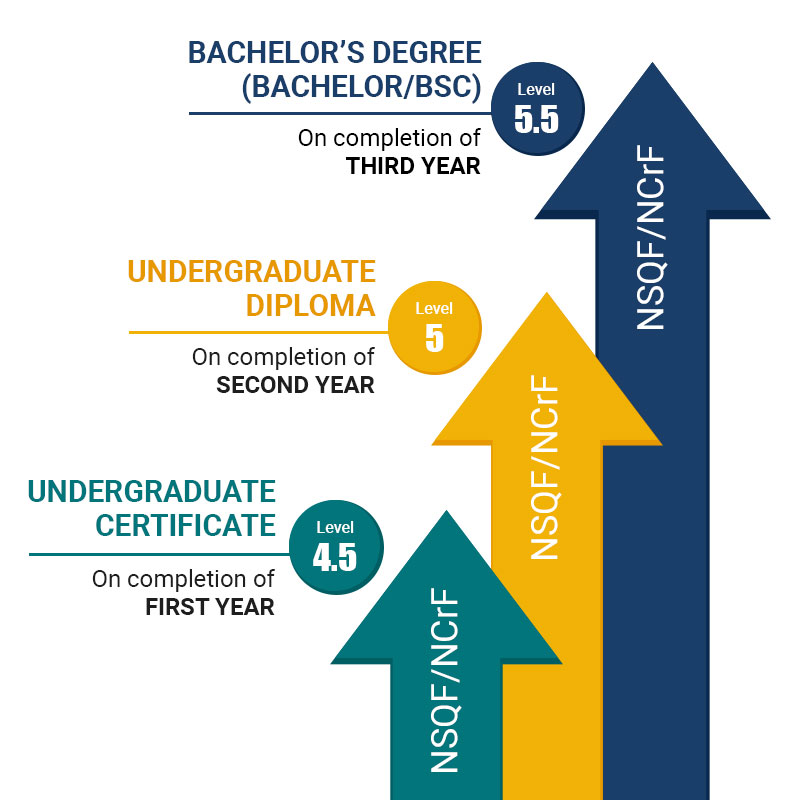
Dialysis Technology Programme is to prepare industry-oriented professionals in Dialysis Technology with a specific emphasis on acquiring clinical and technical skills, which will enable the trainee to function as an independent dialysis professional and is also employment driven.
Dialysis Technology course is a three years program consists Combination of Practical and Theory. The three year program will be divided into 6 semesters in a three year.
Arranged level wise the 3-years degree programmes begin with a certificate course leading to a Bachelor in Dialysis Technology Degree in the 3rd year. Every individual year is a stand-alone certification aligned with the National Skills Qualifications Framework (NSQF) levels 4.5, 5 and 5.5 for the first year, second year and the third year respectively.
These programmes allow the students who are 12th passed or SSC 2 Years of ITI or equivalent to join directly at The NSQF Level 4.5, based on their academic achievements.
The focus is on developing practical/skill specific knowledge rather than providing only a theoretical knowledge based education. The aim of this ‘Earn while you learn’ model is to enable the students to learn the skill by engaging in an internship in the dialysis centre/ industry along with theory training in the classroom.
Eligibility for Admission
- The eligibility for admission to BSc in Dialysis Technology is 10+2 or equivalent, in science stream.
Bridge Course in Dialysis Technology
This bridge course is designed and developed for students from non-science stream who are interested to take admission in B.voc courses / BSc in Dialysis Technology course. It bridges the gap between the knowledge of non-science students and their comprehension of science subjects.
Eligibility: 12thfrom Arts/Commerce background or non-science background or equivalent.
Course Duration: 200 hours.
Commencement of the session: 1st week of July each year / 1st week of January each year.
Basics Life Support Provider (BLS) Course - American Heart Association (AHA) Certification
We offered AHA Certified Basics Life Support Provider (BLS) Course for Healthcare Professionals.
Training Highlight
- Chain of Survival
- High Quality Chest Compression
- Adult, Child and Infant CPR
- Basics Airway Management
- AED
- Special Consideration
